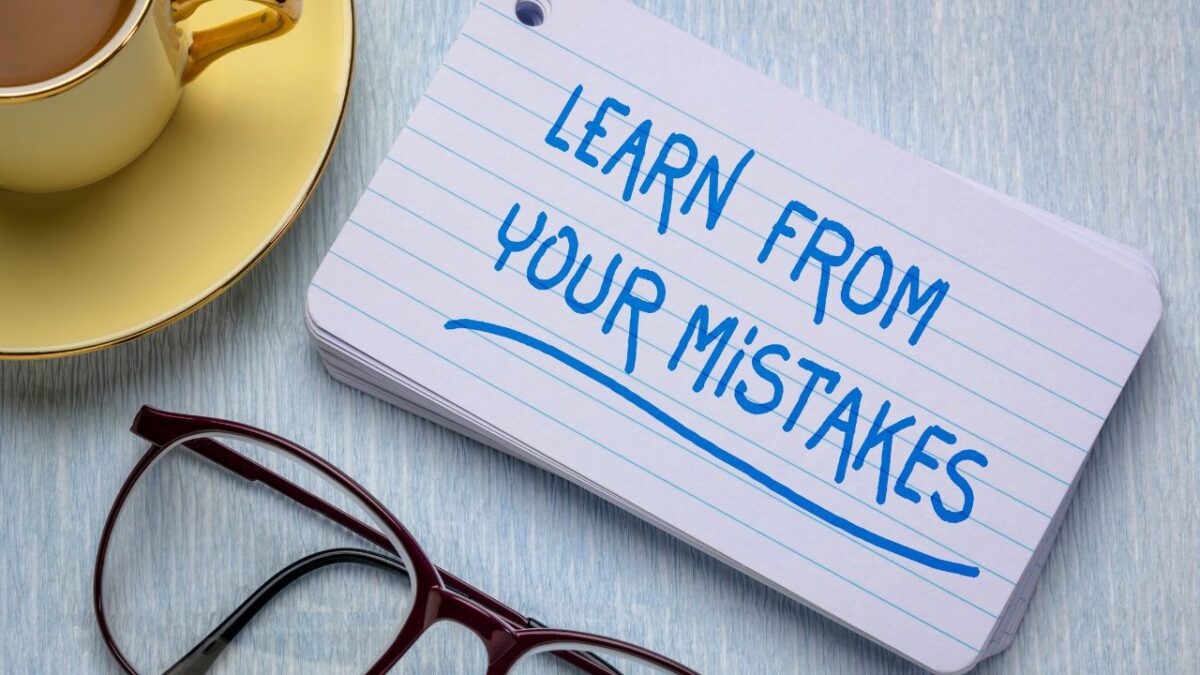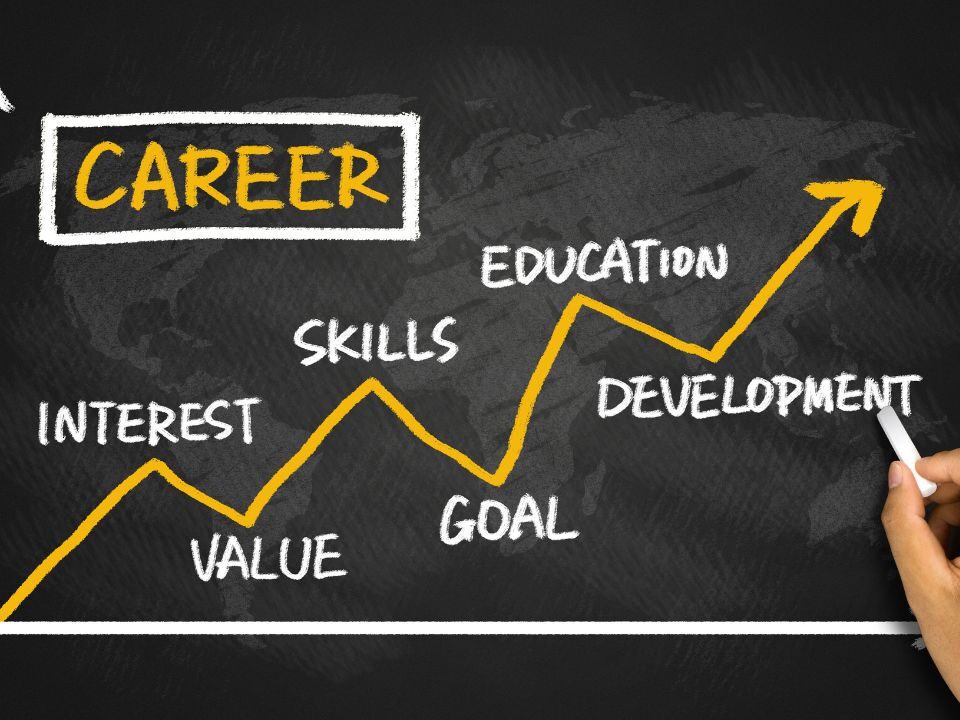
According to a growing body of clinical research, mistakes can enrich learning if you adopt a positive mindset about them.
Best of all, there are practical steps you can take to turn your mistakes into vital learning opportunities.
Guiding Principles for Learning From Mistakes
Recognize that you can improve.
People who understand that intelligence and skills are malleable rather than fixed are more likely to persevere.
Your performance improves with practice and effort.
Accept your imperfections.
Anxiety can interfere with your ability to do your best. Assure yourself that it’s okay to make some mistakes.
For example, maybe you excel at managing logistics but need to go slower when you attempt financial analysis.
Hold yourself accountable.
At the same time, you’ll benefit from taking responsibility for your actions. Analyze situations with a view as to what you can improve instead of worrying about things beyond your control.
Set realistic goals.
Ensure your expectations are reasonable. Progress often comes gradually.
If you keep your first knitting project simple, you’ll be able to see that the stitches are lining up instead of wasting hours on a sweater you’ll have to take apart.
Limit your risks.
It’s easier to learn from mistakes if your health or life savings are not at stake. For instance, hold onto your day job while you research ideas for starting a business.
Engage in positive self talk.
If you’ve been conditioned to feel uncomfortable about errors, give yourself a pep talk.
Remember past experiences where your efforts paid off. Give yourself credit for striving to do your best.
See the humor in your mistakes.
Humor is another powerful antidote. Laughing at setbacks will reduce stress and help you recover faster.
You can have a good time eating spaghetti if you forget to defrost your first Thanksgiving turkey.
Give praise strategically.
Whether you’re talking with yourself or with your others (colleagues, peers, other leaders), praise effort rather than intelligence. It encourages you to focus on improving rather than trying to prove you’re smart.
Seek advice from others.
If you’re starting to see a pattern in your mistakes, it may help to get some outside assistance and feedback.
For example, a personal trainer or a more experienced running buddy may be able to show you how to avoid recurring injuries by changing your gait.
Appreciate the value of a sincere apology.
The most painful mistakes we make are often those that affect other people.
The willingness to offer a heartfelt apology and make appropriate restitution helps both parties to heal and move on with their lives.
Specific Exercises for Learning From Mistakes
Take on tough challenges.
Venturing into new areas gives us more opportunities to learn. Stretch beyond your usual boundaries. If your day job is in accounting, volunteer as a tour guide at a local attraction.
Make educated guesses.
Studies show that students acquire more knowledge and retain it longer when they guess at the answers before looking them up. Brainstorm how you would approach a home repair job before consulting a guidebook.
Test yourself.
It also helps to test yourself on what you know in order to improve your recall.
When you’re learning a new language, drill yourself on vocabulary and grammar. Pick out the questions you get wrong so you can study and test yourself again.
We all make mistakes, so seize the opportunity to make them work for you.sBy focusing on getting better at any task, you’ll stay motivated, experience less anxiety and learn more.




